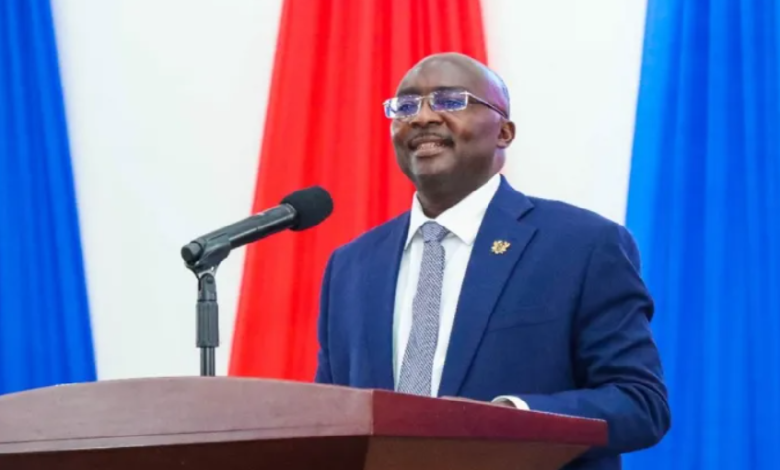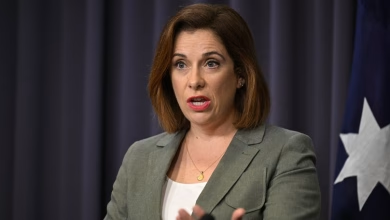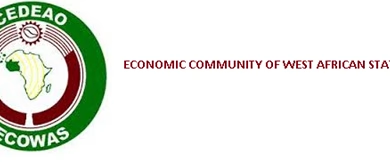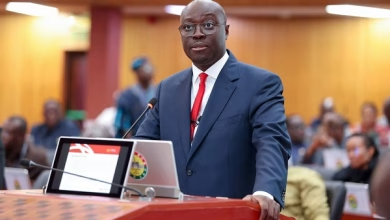Empowering Ghana’s Geological Survey: Bawumia’s Blueprint to End Galamsey

- Bawumia pledges to strengthen the Geological Survey Authority
- Bawumia vows to implement regulated community mining initiatives
- He assured to promote the use of eco-friendly mining technologies
Dr. Mahamudu Bawumia, the Vice President and New Patriotic Party (NPP) flagbearer, has unveiled a comprehensive plan to tackle illegal mining, known as galamsey, through a proactive and organized approach.
At a campaign rally in Kpone Katamanso, he stressed the necessity of reforming the small-scale mining sector by empowering the Geological Survey Authority of Ghana to lead mineral prospecting. This strategy includes mapping the nation’s gold reserves to facilitate responsible mining practices.
“We must regularize small-scale mining and ensure the Geological Survey Authority identifies where all the gold reserves are,” he stated.
Dr. Bawumia pointed out that the current unregulated mining practices lead to environmental damage. “Right now, miners are just experimenting without any guidance, which is harming our environment. They dig aimlessly, and if they find nothing, they just move on,” he explained.
To address this issue, he plans to implement community mining schemes that require miners to be licensed and to operate in areas identified through geological surveys. He also emphasized the need for eco-friendly gold-catcher machines that avoid harmful mercury use. “We want to prevent mining activities near water bodies and ensure that operations are conducted responsibly and sustainably,” he noted.
Moreover, Dr. Bawumia highlighted the importance of enforcing existing regulations in the sector. He warned that without proper oversight, illegal mining will persist, often in secretive locations. “We need to regulate these activities and uphold the laws we already have. Without this, the destruction of our environment will continue,” he cautioned.
Through his initiative, Dr. Bawumia aims to balance the support for small-scale mining with environmental protection by promoting regulated and sustainable practices.






